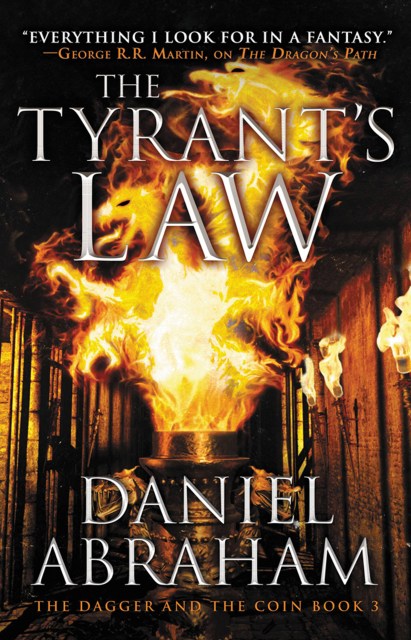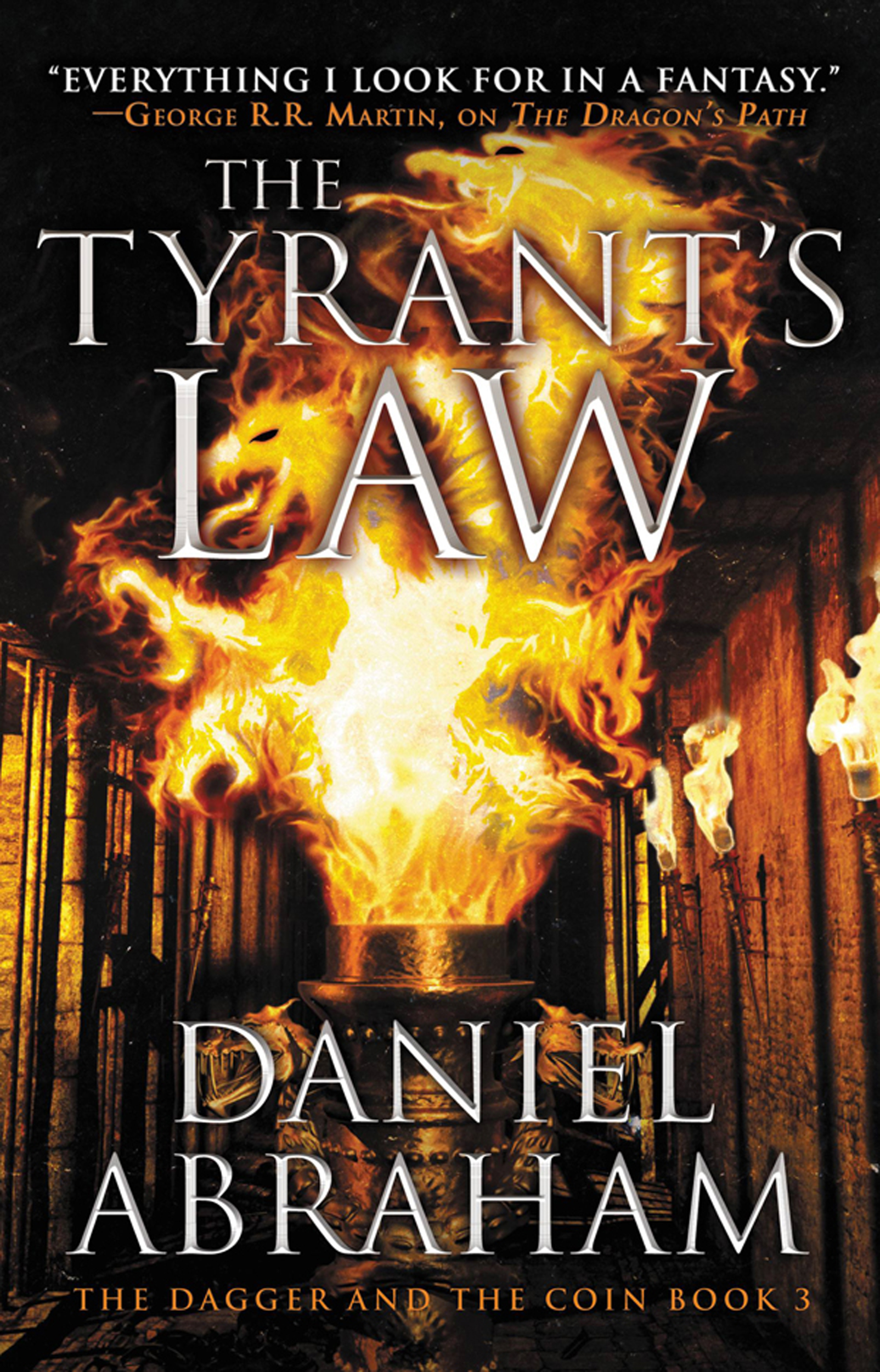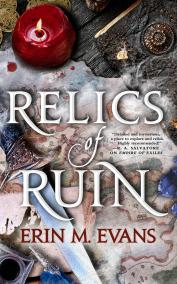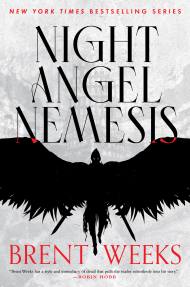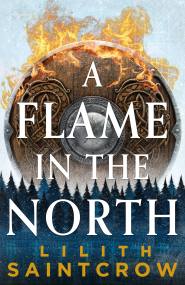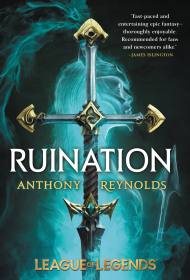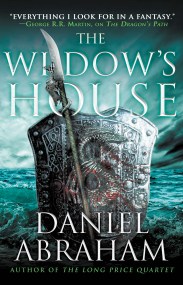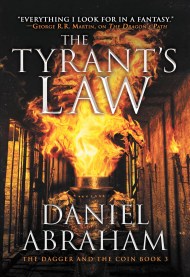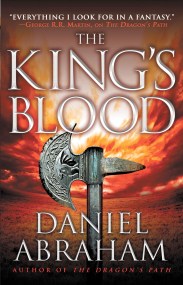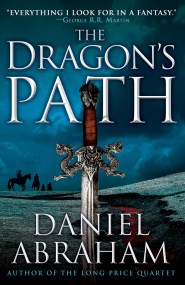Promotion
Use code MOM24 for 20% off site wide + free shipping over $45
The Tyrant's Law
Contributors
Formats and Prices
Price
$9.99Price
$12.99 CADFormat
Format:
- ebook $9.99 $12.99 CAD
- Audiobook Download (Unabridged)
- Trade Paperback $17.99 $22.99 CAD
This item is a preorder. Your payment method will be charged immediately, and the product is expected to ship on or around May 14, 2013. This date is subject to change due to shipping delays beyond our control.
Also available from:
The tyrant Geder Palliako had led his nation to war, but every victory has called forth another conflict. Now the greater war spreads out before him, and he is bent on bringing peace. No matter how many people he has to kill to do it.
Cithrin bel Sarcour, rogue banker of the Medean Bank, has returned to the fold. Her apprenticeship has placed her in the path of war, but the greater dangers are the ones in her past and in her soul.
Widowed and disgraced at the heart of the Empire, Clara Kalliam has become a loyal traitor, defending her nation against itself. And in the shadows of the world, Captain Marcus Wester tracks an ancient secret that will change the war in ways not even he can forsee.
Return to the critically acclaimed epic by master storyteller Daniel Abraham, The Dagger and the Coin.
For more from Daniel Abraham, check out:
The Dagger and the Coin
The Dragon's Path
The King's Blood
The Tyrant's Law
The Widow's House
The Spider's War
Genre:
- On Sale
- May 14, 2013
- Page Count
- 528 pages
- Publisher
- Orbit
- ISBN-13
- 9780316235549
Newsletter Signup
By clicking ‘Sign Up,’ I acknowledge that I have read and agree to Hachette Book Group’s Privacy Policy and Terms of Use
